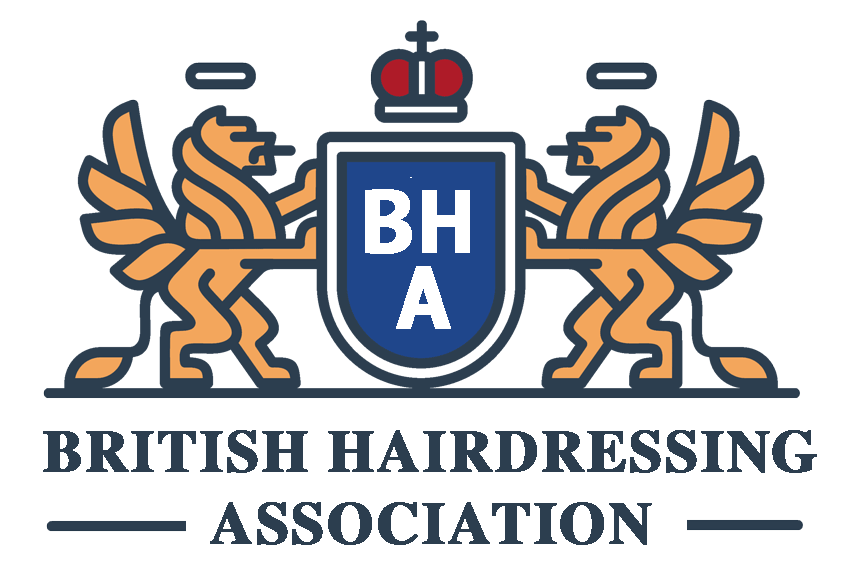Everything You Need to Know About Licensing and Certification for Hairdressers in Different UK Regions
Introduction
When it comes to pursuing a career in hairdressing in the UK, ensuring that you have the necessary licenses and certifications is crucial. This not only enhances your credibility as a professional but also ensures that you are compliant with the regulations set by different regions within the UK. Let’s explore everything you need to know about licensing and certification for hairdressers in various UK regions.
The Importance of Licensing and Certification
Obtaining the proper licensing and certification as a hairdresser is essential for several reasons. Firstly, it demonstrates your competency in the field and gives clients confidence in your skills. It also ensures compliance with health and safety regulations, protects the public from potential harm, and promotes professionalism within the industry.
Licensing and Certification Requirements in England
In England, hairdressers need to obtain an industry-recognized qualification to work legally. This can be achieved by completing an approved education and training program, such as an NVQ (National Vocational Qualification) or SVQ (Scottish Vocational Qualification). These qualifications cover essential skills like cutting, coloring, styling, and salon management. Additionally, you may need to register with a recognized professional body or obtain a license from your local council.
Licensing and Certification Requirements in Scotland
In Scotland, hairdressers must also hold a recognized qualification to practice professionally. The SVQs are widely recognized and provide a comprehensive assessment of your skills and knowledge. To further enhance your professional standing, you can join a professional organization like the Hairdressers’ Journal International (HJI) or the National Hairdressers’ Federation (NHF). These associations offer networking opportunities, training resources, and support for hairdressers across Scotland.
Licensing and Certification Requirements in Wales
Similar to England and Scotland, hairdressers in Wales are generally required to possess a recognized qualification. The most common qualification is the NVQ, which covers all aspects of hairdressing and salon operations. Additionally, registering with professional organizations such as the National Hairdressers’ Federation (NHF) or the Freelance Hair and Beauty Federation (FHBF) can provide additional benefits, including industry updates, networking events, and access to training resources.
Licensing and Certification Requirements in Northern Ireland
In Northern Ireland, hairdressers are typically required to hold a recognized qualification to practice professionally. The most widely recognized qualification is the VRQ (Vocational Related Qualification) in Hairdressing. Attaining this qualification will ensure that you have the necessary skills and knowledge to deliver exceptional hairdressing services. Additionally, joining a professional body like the Hair and Beauty Industry Authority (HABIA) can provide valuable support and resources to further develop your career.
Continuing Professional Development (CPD)
Regardless of the region you practice in, pursuing continuous professional development (CPD) is highly recommended within the hairdressing industry. CPD allows hairdressers to enhance their existing skills, stay updated with the latest trends and techniques, and maintain their professional competence. Attending workshops, seminars, and industry events can contribute to your CPD hours and help you grow as a hairdresser.
Conclusion
Understanding the licensing and certification requirements for hairdressers in the different regions of the UK is vital to embark on a successful hairdressing career. Be sure to research the specific requirements set by your region, obtain the necessary qualifications, and consider joining professional organizations to expand your opportunities and stay connected with the industry. Remember, investing in your professional development will not only benefit your clients but also contribute to your personal growth as a hairdresser.


